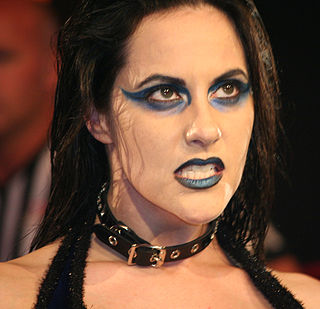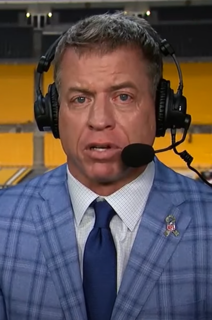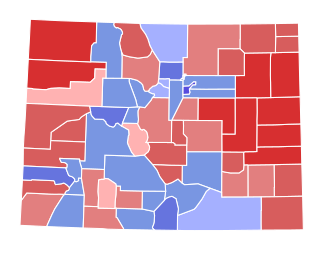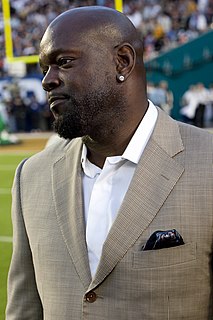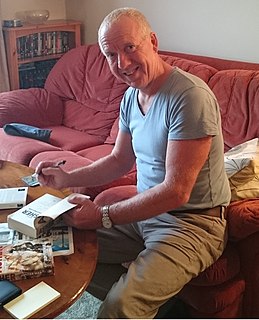A Quote by James Nicoll
After enough concussions the head injuries blur together.
Quote Topics
Related Quotes
I'm concerned about the future of football, because we have paid a lot of attention to concussions. We are more aware of concussions. But it's really the repetitive minor injuries, the ones that are asymptomatic that occur on almost every play of the game, the sub-concussive hits: that's the big problem for football.
Concussions have brought the consciousness to the problem, but I think the problem is football-related injuries, period, and the lack of support from the league of those players who have suffered those injuries. The denial factor has been unbelievable. I'm here because I'm a fighter to try to bring attention to this fact.
I don't think any of us knew the dangers of repeated concussions or the fact that even when you got a concussion, the idea to go get treatment for it never entered our minds. We just didn't have - we weren't educated enough. We were really ignorant to it. I would get concussions in my early 20s racing, and it was a bit of a badge of honor.
I've been wrestling since I was 18 years old. And within the first five months of my wrestling career, I'd already had three concussions. And for years after that, I would get a concussion here and there, and it gets to the point that when you've been wrestling for 16 years, that adds up to a lot of concussions.
The most obvious and easiest answer if you've got a head injury is a better helmet. The problem is there's no evidence that it is the answer. I've watched a couple equipment manufacturers make presentations. They're very slick. They're very well done. And they usually start with the same disclaimer: there is no evidence that helmets reduce the frequency of concussions. You come away going "isn't this amazing?" It's so amazing you forget the opening line, that it doesn't do anything. It has no impact on concussions.
When you reach the editing stage, it is often the case that you can get too involved with the story to detect errors. You can see words in your head that aren't actually there on the page, sentences blur together and errors escape you, and you follow plot threads and see only the images in your skull.

